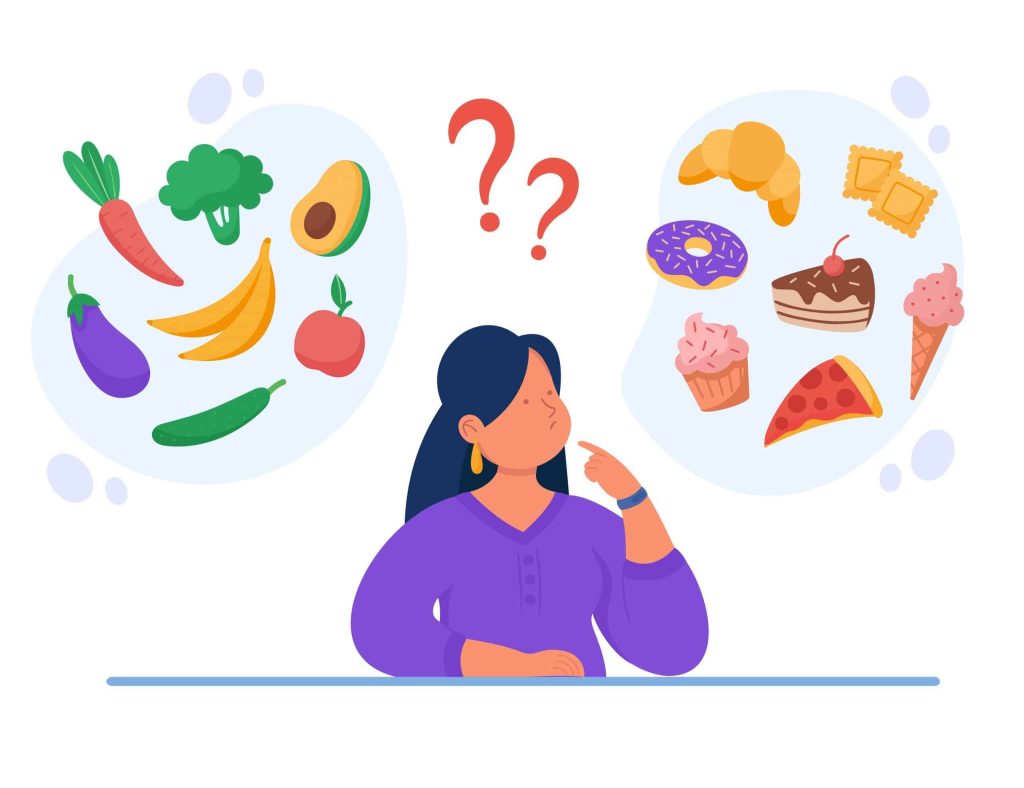Eating a balanced diet is essential for overall health and well-being. A balanced diet provides the necessary nutrients, vitamins, and minerals that our bodies need to function properly and stay healthy. However, with so much conflicting information out there about what constitutes a balanced diet, it can be confusing for beginners to know where to start. In this article, we will provide some tips and guidelines for building a balanced diet that is easy to follow and sustainable.
1. Understand the basics of nutrition
Before you can build a balanced diet, it’s important to have a basic understanding of the different food groups and the nutrients they provide. The key nutrients that our bodies need include carbohydrates, proteins, fats, vitamins, and minerals. Carbohydrates provide energy, proteins are essential for building and repairing tissues, fats are necessary for hormone production and vitamin absorption, while vitamins and minerals play a variety of roles in maintaining health.
2. Include a variety of foods in your diet
One of the most important principles of a balanced diet is variety. Eating a wide range of foods ensures that you are getting all the nutrients your body needs. Aim to include a variety of fruits and vegetables, whole grains, lean proteins, and healthy fats in your meals. Different foods provide different nutrients, so by eating a variety of foods, you can ensure that you are getting all the essential nutrients your body needs.
3. Focus on whole, unprocessed foods
When it comes to building a balanced diet, it’s best to focus on whole, unprocessed foods. Whole foods like fruits, vegetables, whole grains, and lean proteins are rich in nutrients and free from added sugars, unhealthy fats, and artificial ingredients. Processed foods, on the other hand, tend to be high in unhealthy fats, sugars, and sodium, and low in nutrients. By choosing whole foods over processed foods, you can ensure that you are getting the best quality nutrients for your body.
4. Pay attention to portion sizes
Another important aspect of building a balanced diet is paying attention to portion sizes. Eating too much of any one food group can throw off the balance of your diet and lead to weight gain or other health issues. It’s important to eat in moderation and listen to your body’s hunger and fullness cues. Portion control can be a useful tool for managing your calorie intake and ensuring that you are getting the right balance of nutrients in your meals.
5. Stay hydrated
Water is an essential nutrient that our bodies need to function properly. Staying hydrated is important for many reasons, including regulating body temperature, supporting digestion, and maintaining healthy skin. Aim to drink at least eight glasses of water a day, and more if you are active or live in a hot climate. You can also get water from other beverages like tea, coffee, and milk, as well as from fruits and vegetables with high water content.
6. Plan your meals ahead of time
Planning your meals ahead of time can help you make healthier choices and stick to a balanced diet. By planning your meals, you can ensure that you are including a variety of foods in your diet, and that you have all the necessary ingredients on hand. Meal planning can also save you time and money, as you will be less likely to eat out or buy convenience foods.
7. Seek professional help if needed
If you are struggling to build a balanced diet on your own, don’t be afraid to seek help from a registered dietitian or nutritionist. These professionals can provide personalized advice based on your individual needs and goals, and can help you develop a healthy eating plan that works for you. They can also help you navigate any dietary restrictions or health issues that you may have, and provide guidance on how to make sustainable changes to your diet.
In conclusion, building a balanced diet is an important step towards maintaining good health and well-being. By following these tips and guidelines, beginners can start on the path towards a healthier and more balanced diet. Remember, eating well is not about perfection, but about making small, sustainable changes that can add up to big benefits in the long run. With a little planning and determination, you can build a balanced diet that nourishes your body and supports your overall health.

